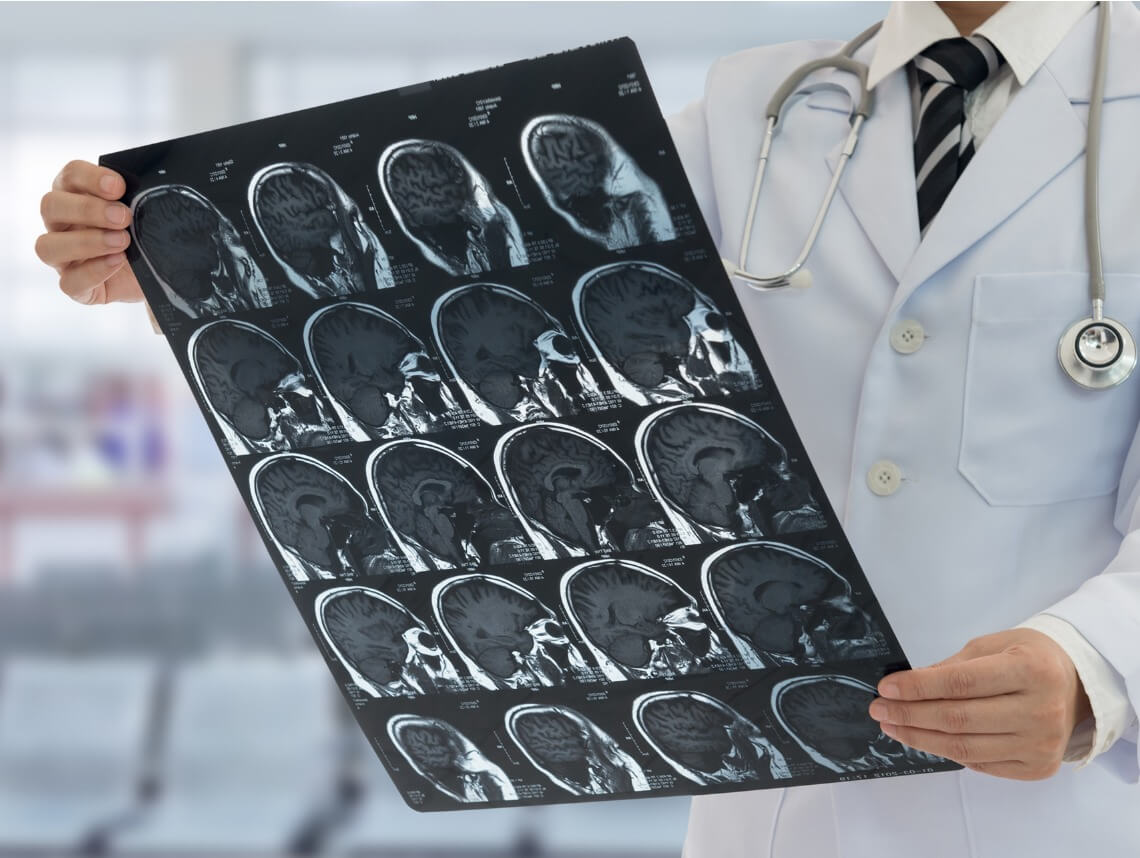Multiple system atrophy (MSA) is a rare disease that can significantly affect the elder’s neurological health. Adults between the ages of 50 and 60 are usually the ones who are diagnosed with this condition and are more prominent in men than women. It could take up to a decade after the development of multiple system atrophy before the first symptom arrives.
Types of Multiple System Atrophy
Parkinsonian: If they have the Parkinsonian type, they will have symptoms that closely resemble those of Parkinson’s disease. Stiffness and rigidity of the muscles in the legs and arms may occur, making it difficult for them to move freely. It may also cause them to move slowly or have involuntary movements.
Cerebellar: The Cerebellar type causes poor muscle coordination, resulting in a lack of balance, unsteady gait, blurred vision, slurred speech, inability to focus, and difficulty swallowing or chewing.
Multiple System Atrophy Symptoms
The symptoms evident in your elderly parent depend entirely on the type of multiple system atrophy they have. The following symptoms are common among both types of multiple system atrophy:
- Reduced production of tears and other body secretions
- Loss of libido and impotence in men
- Bowel and bladder incontinence
- Decreased sweating
- Unable to maintain normal body temperatures, causing the limbs to become cold
- Unusual breathing while sleeping and interrupted sleep
- Unable to control emotions, resulting in sudden emotional outbursts
- Irregular heartbeat
- Trouble with bowel movements
Although it is a rare condition, it could cause serious health complications if the diagnosis is left untreated. With the help of an elderly care provider and the following information, your loved one will be able to get the care and treatment they need to cope with their condition.
Multiple System Atrophy Treatment Options
There is no cure for multiple system atrophy, but there are treatment options available to relieve the elder of their symptoms. Doing so will allow your loved one to maintain their quality of life and independence.
Here are some of the treatments available:
Anti-parkinsonian drugs: Helps to treat stiffness and rigidity of the muscles.
Blood pressure help: Drugs may be needed to stabilize the elder’s low blood pressure.
Bladder function: The doctor may be able to recommend exercises to help the bladder work properly.
Pacemaker: This device will help regulate the senior’s heartbeat.
By getting regular doctor checkups and paying close attention to the health of the elder, you may be able to discover if your elderly loved one may have multiple system atrophy. Contact their physician as soon as possible if you suspect this illness.
Contact Care Options for Kids for Home Health Care Services
If you or an aging loved one are considering hiring adult home health care services, contact the caring staff at Care Options for Kids today. (888) 592-5855.






